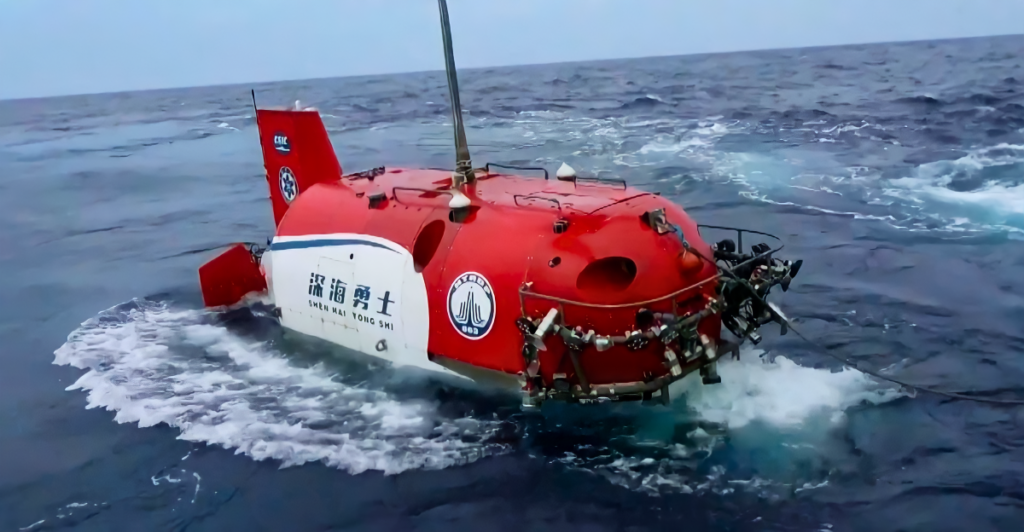
China just announced the wildest deep-sea project yet—a high-tech space station… but underwater. It’s planned to be 6,500 feet below the South China Sea, built for marine research, resource extraction, and (possibly) a little geopolitical muscle-flexing. But while China hypes this as a scientific breakthrough, scientists are more than a little concerned about the environmental impact it is set to have. Let’s dive in.
What Exactly Is China Building?
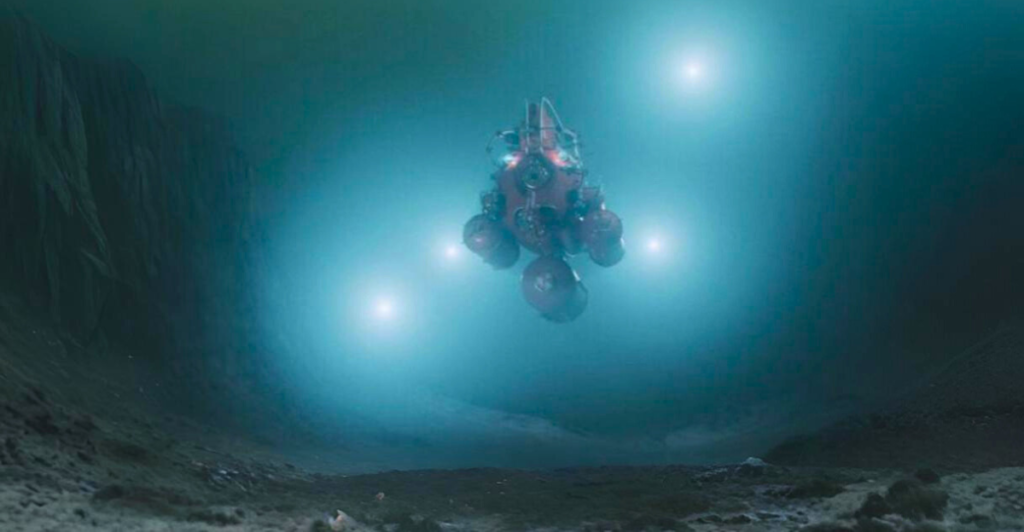
Picture an underwater lab — an expensive one that could change the deep sea forever. This station will house up to six scientists at a time, collecting data on marine life, ocean ecosystems, and methane hydrates (aka flammable ice that could replace fossil fuels). Okay, so what could possibly go wrong?
Cold Seeps—The Alien-Like Ecosystem at Risk
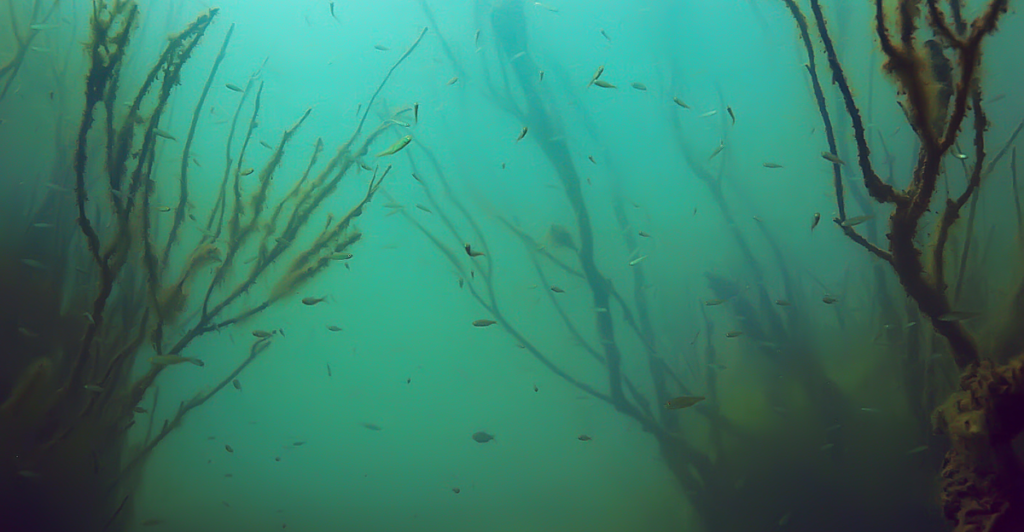
The station is being built near cold seeps, which are underwater oases teeming with bizarre, undiscovered species. These deep-sea zones ooze methane and support marine creatures straight out of a horror movie. The problem? Even the tiniest disruption could wipe out these fragile ecosystems, and China’s about to drop a massive metal base right in the middle of it.
Methane Hydrates—A Climate Time Bomb?
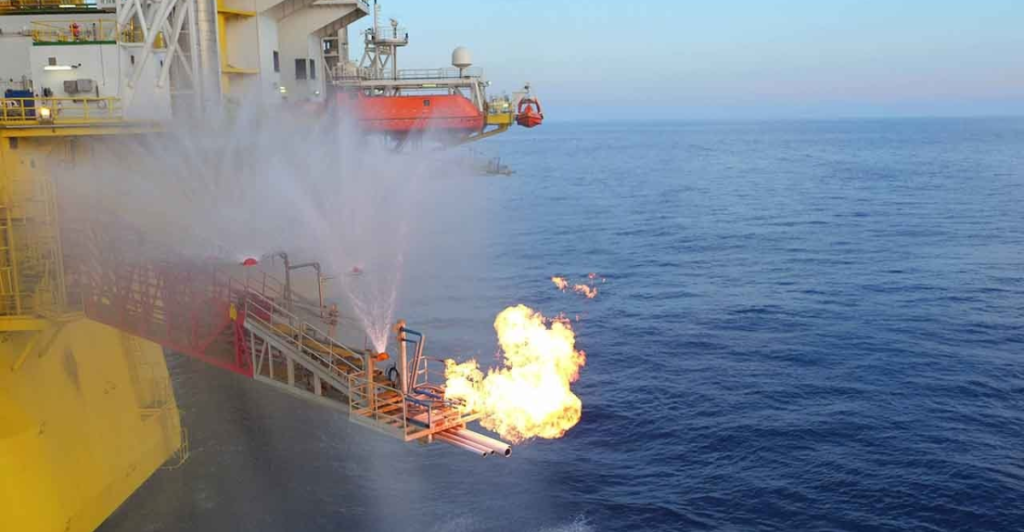
China is very interested in methane hydrates, a potential energy source trapped in ice beneath the sea. Sounds like a jackpot for energy companies, except there’s a major risk—extracting it could accidentally release methane into the atmosphere, which is 80 times worse than CO₂ for climate change. Oh, and let’s not forget underwater landslides that could trigger tsunamis. But no big deal, really.
Deep-Sea Mining—Destroying the Ocean for Profit
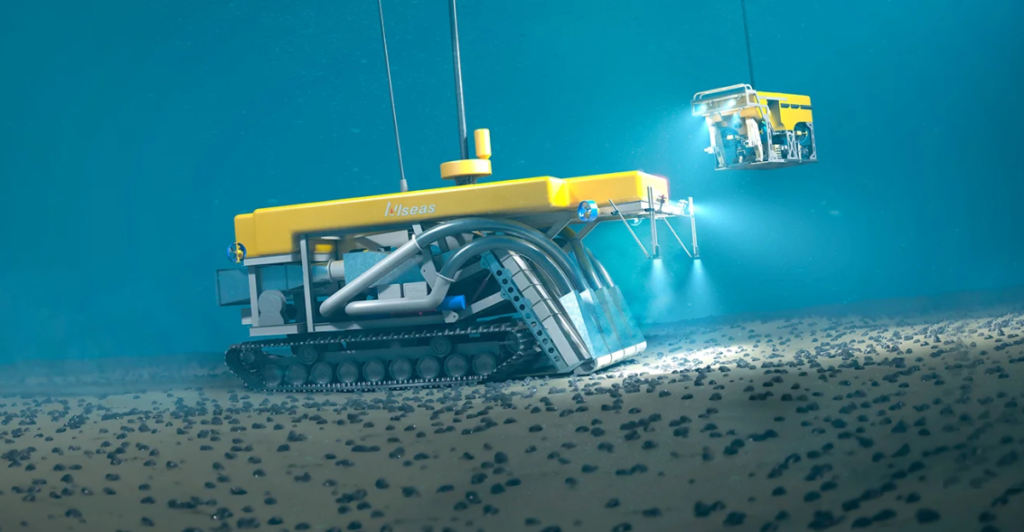
China swears this is all about research, but let’s be honest—they’re after the money, too. The seafloor is packed with gold, cobalt, and rare earth metals, all needed for electronics, batteries, and green tech. The catch? Mining down there would devastate entire ecosystems, ruin coral reefs, and release toxic chemicals into the ocean.
Noise Pollution—Welcome to the World’s Loudest Aquarium
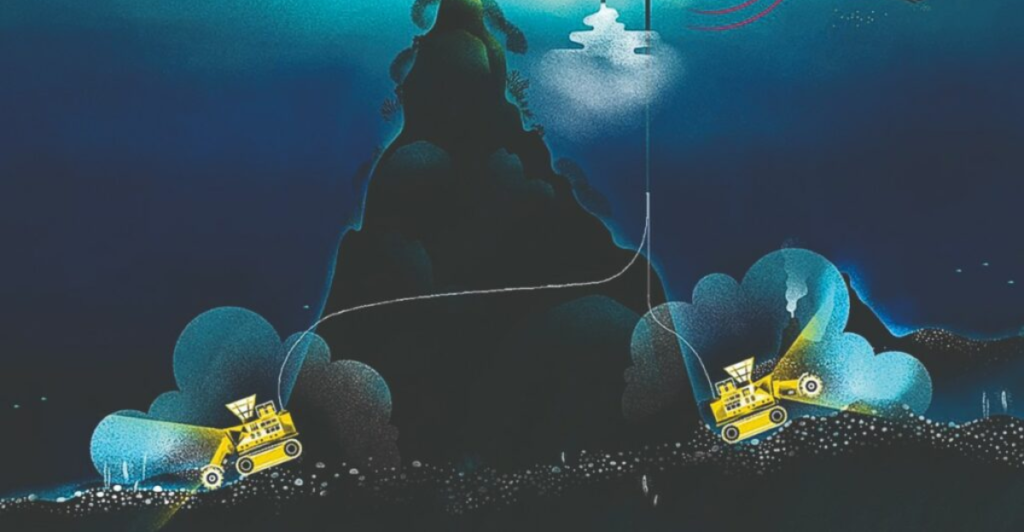
Marine animals depend on sound to communicate, hunt, and navigate. But deep-sea stations? They hum, beep, and blast sonar like a non-stop EDM festival. The noise could disrupt whale migration, mess with fish breeding, and throw off entire ecosystems. Basically, China’s station might be the worst neighbor the deep sea has ever had.
Artificial Lights—Deep-Sea Creatures Are Not Ready for This
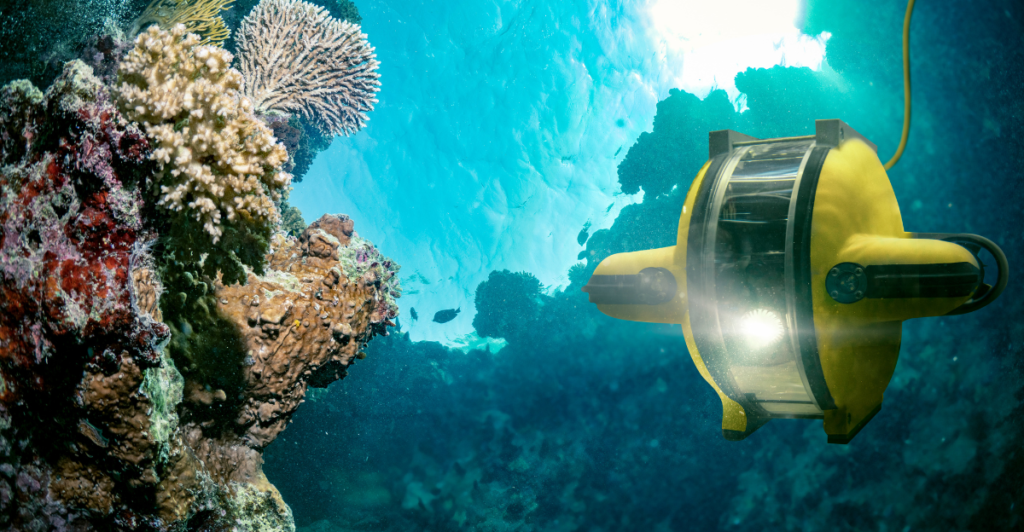
Most deep-sea species live in permanent darkness and have adapted to it over millions of years. Now? They’re about to get hit with 24/7 artificial lighting, which could confuse their feeding patterns, mess up their sleep cycles, and disrupt the entire food chain. Imagine someone shining a flashlight in your face all night, every night. That’s what this station could do to marine life.
Chemical Leaks—Because What’s an Industrial Project Without Some Pollution?

Where there’s massive human infrastructure, there’s chemical waste. China’s station could leak oil, heavy metals, and synthetic chemicals into the deep sea, where currents won’t flush them away for centuries. So, if you thought pollution was just an issue on land, imagine an oil spill that never reaches the surface—but poisons everything below it.
Is This Just a Science Project or a Power Move?
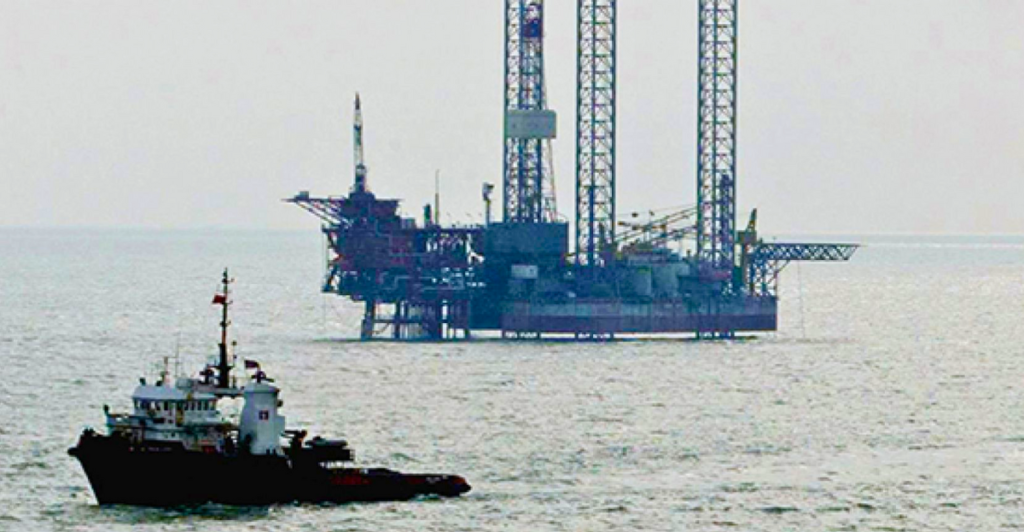
China’s not building this thing in some random ocean—it’s going right into the South China Sea, one of the most hotly contested territories on the planet. Countries like Vietnam, the Philippines, and the U.S. are already side-eyeing this project, because an underwater station could double as a surveillance hub (or, let’s be honest, a military base).
Is This Really About Marine Research?
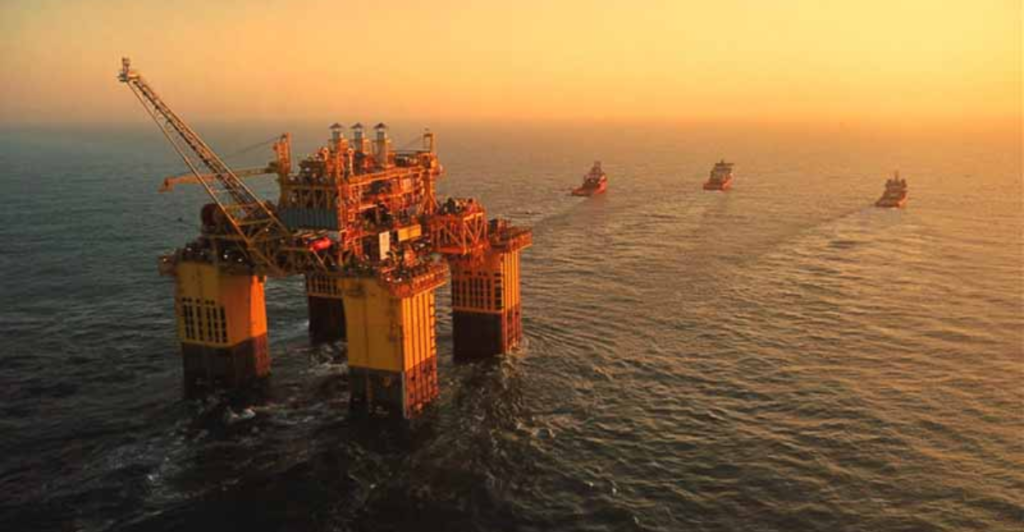
China says the station is for scientific discovery, but skeptics say it’s more about claiming deep-sea territories. An underwater base could help track submarines, spy on rivals, and secure access to untapped resources. If that sounds dramatic, remember—this wouldn’t be the first time a government disguised military ambitions as science.
Scientists Say, “Let’s Not Rush Into This”

Marine experts are begging for more oversight before China starts drilling, mining, and lighting up the deep sea like Times Square. They want international regulations, environmental protections, and real accountability before this turns into a giant science experiment gone wrong.
What Happens Next?
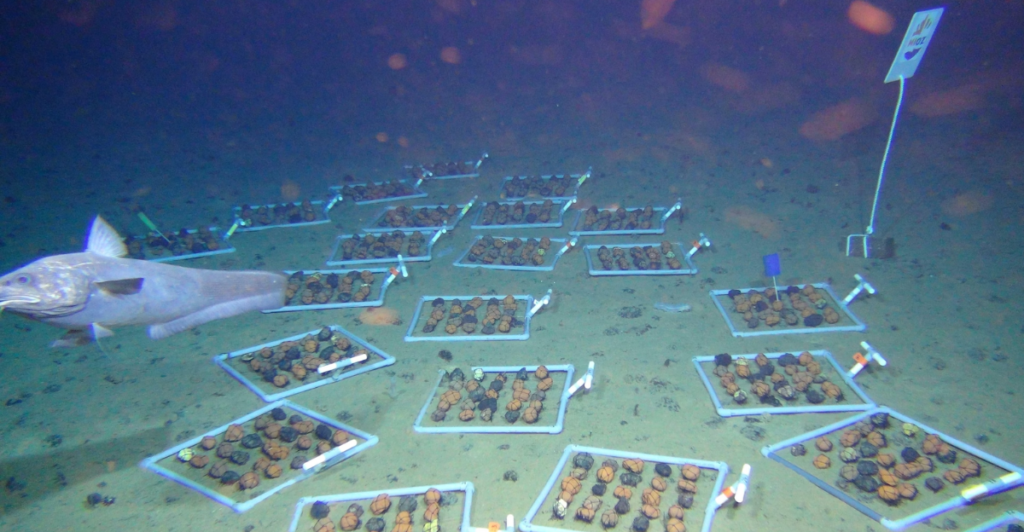
Despite global concerns, China is moving full speed ahead. Scientists, activists, and world leaders are calling for more transparency, but will China listen? If this project goes sideways, we could see irreversible damage to marine ecosystems—and a deep-sea political nightmare.
A Scientific Breakthrough or an Ecological Mistake?
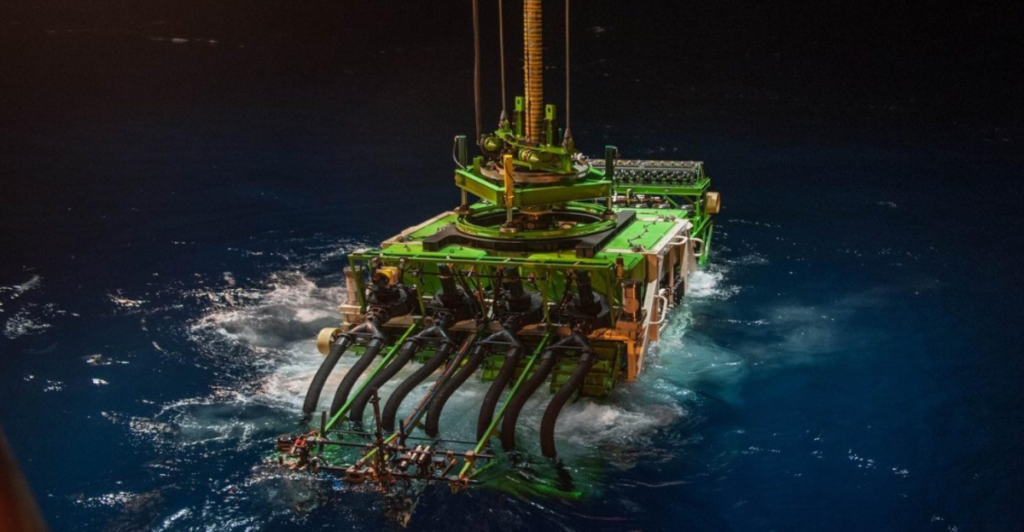
Deep-sea exploration is exciting, but at what cost? If we don’t regulate this now, we might destroy ecosystems before we even understand them. So the real question is—are we about to make history or the biggest marine mistake of the century? Because once the deep sea is damaged, there’s no undo button.
Explore more of our trending stories and hit Follow to keep them coming to your feed!

Don’t miss out on more stories like this! Hit the Follow button at the top of this article to stay updated with the latest news. Share your thoughts in the comments—we’d love to hear from you!







